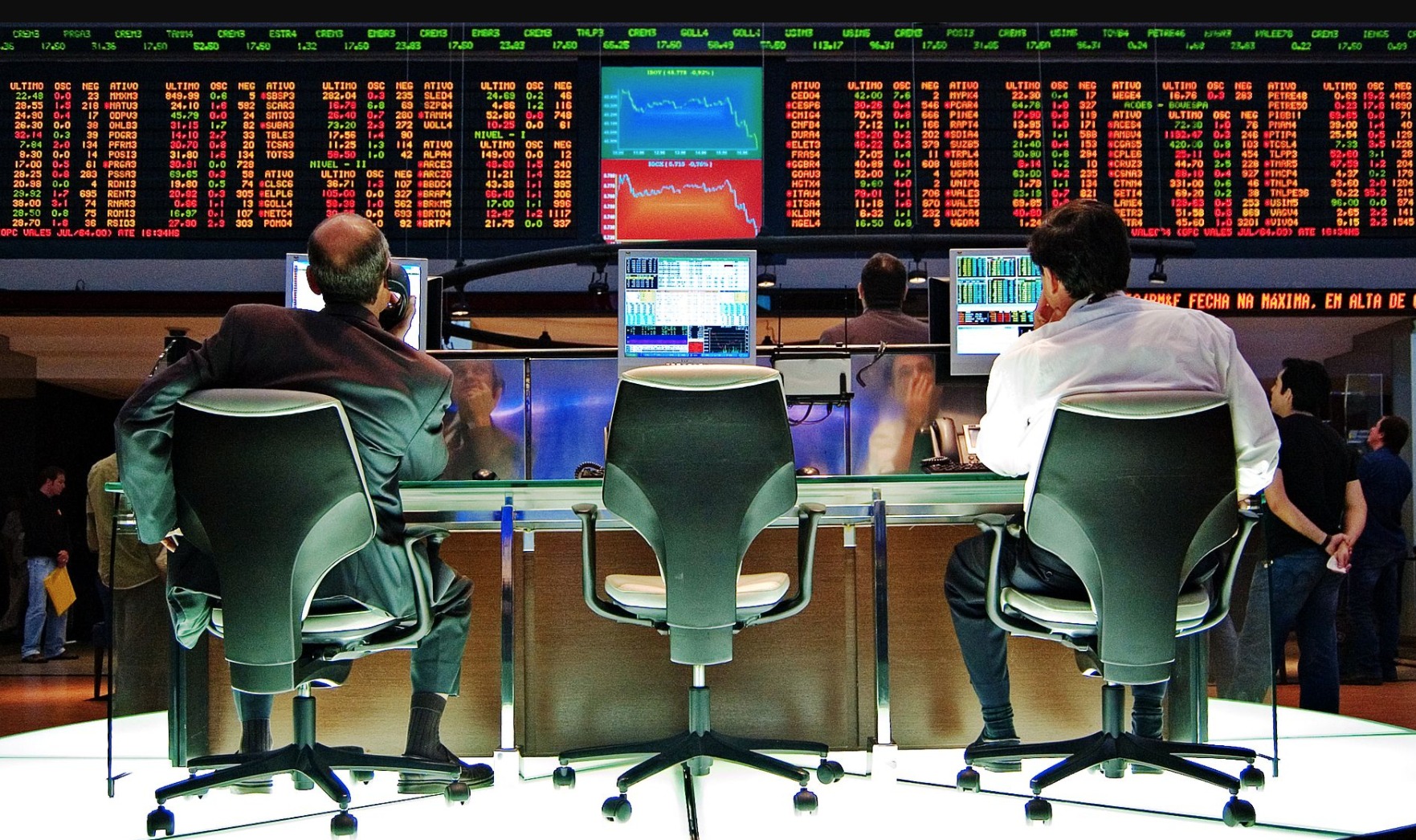Brazil is experiencing one of the most tragic moments in its history. But in 2020, which ended with 195,000 deaths related to Covid-19 and a GDP plunge of 4%, financial movements in the stock market (B3) broke records. The Bovespa index surpassed the unprecedented mark of 120 thousand points and the market capitalization was 35 trillion reais, which is almost five times the year’s GDP. How did this happen?
Brazilian financial capitalism
The Brazilian case showed that the Central Bank’s 1.2 trillion reais rescue package for the financial system, announced in March 2020, contributed to growth in financial profits in the same proportion as Covid-19 deaths in the country. The justification for such a package was to guarantee the bank’s liquidity for their operations with customers.
A study by the Economics Institute of the Federal University of Rio de Janeiro (UFRJ) shows that little more than 10% of that amount were loans to companies in difficulty, amid the pandemic.
Antonio Gramsci has already pointed out that the political function of fascism is to place the petty bourgeoisie and its anti-system discourse at the service of the monopolistic financial capital in times of crisis. The “neo-fascism” of president Jair Bolsonaro, with his 20 to 30% of followers, and the economic conduct of the Minister of Economy, Paulo Guedes, seem to confirm the Gramscian diagnosis.
What we see today in Brazilian capitalism is a phenomenon that has been brewing since the 2008 global financial crisis, which reached Brazil only with the fall of commodity prices in 2011. We witnessed, from then on, a double movement that led to the 2016 Coup; the deepening of financialization at a global scale, including Brazil, and a renewed expansion of the international monopoly of capital over the Brazilian economy.
Amid a global environment of vast masses of excess capital in search of yield, Brazil found itself under pressure from large economic groups to privatize, flexibilize labor relations and deepen fiscal adjustment. This was also known as the “reform agenda”, according to the media, or simply “ultraliberal agenda”, which was underway since the government of Michel Temer.
It is no coincidence that the market capitalization in the stock market has more than doubled in the last four years, rapidly distancing itself from the real economy. In 2016, the year of the coup against former President Dilma Rousseff, this was just over twice the GDP, and nowadays it is nearly fivefold.
Financial market players
Financial institutions, including banks, holding companies and investment funds, are usually under control of large economic groups, both domestic and international. They are the institutions that run the financial casino, draining toward their shareholders the wealth generated by the population through their work and debt payment, taxes and fees. Today they are fully represented in the Ministry of Economy of Paulo Guedes—former founding partner of BTG Pactual bank—and in the now “autonomous” Central Bank of Roberto Campos Neto, former market manager of Bank Santander.
They are the ones who support Bolsonaro and his clique in the army, commanded by an officer of the 1964 generation, intellectually indigent and politically servile to the neoliberal agenda. It is, therefore that in Avenida Brigadeiro Faria Lima, an well-known avenue in Sao Paulo where the cream of the financial sector gathers, are the main responsible, along with Bolsonaro, for the state of calamity in which more than 300 thousand dead are already counted by Covid-19: The result of Bolsonaro’s negationism.
In the name of these “economic reforms”, they are willing to sacrifice liberal democratic principles and support autocratic exits. Among other things, because they know that the anti-social character of these reforms requires a government capable of imposing them on society with blood and fire. For example, with the government’s approval of the so-called Emergency Constitutional Amendment Proposal (PEC), which, in exchange for an emergency aid of a measly 250 reais, further stifles public spending.
Certainly, those of Faria Lima have been working for the “genocide” of the Brazilian population for some time, but today, this “necro-government” they’re holding demands that their responsibility can no longer be hidden.
But who are they? One clue is to look at the financial institutions that gather around the National Association of Financial Institutions and Capital Markets (ANBIMA). ANBIMA is responsible for the self-regulation of the financial market, together with the public autarchy, the Securities and Exchange Commission (CVM).
Financial market regulation as a pending task
It has become commonplace to draw attention to the financial elite as those who rule in political life. However, in the face of the extreme situation in which we live in the country, this is insufficient. It is necessary to name them, to hold them accountable.
The rich have become accustomed to seeing their incomes multiply without being interested in their implications in the real world. As someone has already said, “there are no clots of humanity in the financial orbit”.
After a quick glance at the composition of ANBIMA’s board of directors, we identify some of these institutions that command the bank. The national representatives of Itaú/Unibanco, BTG Pactual, Bradesco, XP Investimentos, Votorantim and Safra stand out. In the case of foreign groups: Santander, Blackrock, Brookfield, Credit Suisse, JP Morgan and BNP Paribas.
These are very powerful institutions, some of them with a capital much larger than the Brazilian GDP, and for this very reason they must be unmasked. Let us therefore remove the veil from the so-called “financial market”, which is nothing more than an organization that, under the justification of directing internal and external savings to the productive sector, in fact acts as a parasite that corrodes the host organization.
I don’t expect to raise awareness in financial agents. As Gramsci also stated, it is a mistake to expect the bourgeoisie to resist fascism. It would be the same as to recognize that in the recent initiative of the Open Letter to Society on Measures to Combat Covid-19″, also known as “the letter of economists and bankers”, there was some opposition to the Bolsonaro government.
It is a belated letter that, amid the collapse of the national health system, limits itself to highlight the bottlenecks in the management of the pandemic, which are already known for quite some time. The proposals to guarantee income and social protection are superficial, considering that they are economists. Perhaps, it is because such proposals would lead them to expose their intransigent defense of the cut in public spending at this critical stage.
The intention here, however, is much less pretentious. Simply, to name, to bring out of the shadows, to make the financial elite publicly accountable, so that the debate can, at least, be resolved in a clearer and more direct way. Universities, civil society organizations and social movements have a say on the urgency of exercising control, social vigilance of the financial market.
Translation from Spanish to English by Ricardo Aceves
Photo by Rafael Matsunaga













